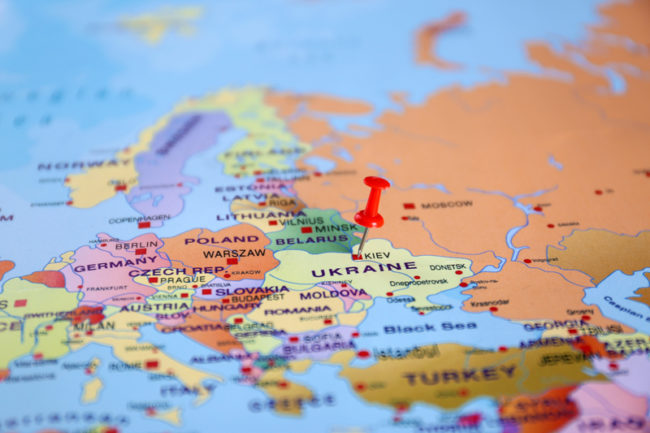
United Nations chief Antonio Guterres described the destruction of the Kakhovka dam’s water reservoir in Ukraine as “a monumental humanitarian, economic and ecological catastrophe”.
Although the UN has no access to independent verification of how the catastrophe occurred, Guterres noted, “But one thing is clear: this is another devastating consequence of the Russian invasion of Ukraine”.
Despite an apparent lack of information, the US, European Union and Ukraine are tending towards blaming Russia for the dam’s breach while the UN is calling it a consequence of Russia’s invasion. The US has not yet reached a conclusion and is still assessing reports that Russia caused the blast that destroyed the dam.
In addition to the thousands of civilians directly affected by the flooding, tens of thousands are in serious danger because the dam’s water is used to cool the nearby Zaporizhzhya nuclear power plant. It is Europe’s largest and has been under constant threat since being occupied by Russian forces early in the war.
Fortunately, Rafael Grossi, chief of the UN’s nuclear watchdog agency, said there was no “immediate risk” to the Zaporizhzhya nuclear plant’s safety. He has officials present at the plant, which is operated by Ukrainian civilians although Russia occupies it.
However, danger is ever present because shortage of water in the nuclear plant’s essential cooling water systems for an extended period of time would cause fuel melt and also knock out the emergency diesel generators that supply electricity for the cooling process.
The Kakhovka dam and hydroelectric plant are on the country’s largest river, the Dnipro, in the southeast. Its breach has significantly reduced the level of water available at the Zaporizhzhya nuclear plant but supplies are still sufficient for a few days. Preventing further depletion is vital.
The humanitarian catastrophe from Kakhovka could be huge and at least 16,000 lost their homes in the first few hours. The tragedy is “yet another example of the horrific price of war on people. The floodgates of suffering have been overflowing for more than a year, and that must stop”, Guterres warned.
The UN human rights office called for a full investigation into the disaster and accountability because the of the risks posed to the rights of civilians to housing, health and livelihoods, along with access to clean water and a healthy environment.
The Ukrainian and Russian governments blamed each other for launching an attack on the Kakhovka dam, which is under Russian control on the southern and eastern side of the Dnipro, while Ukrainian forces control territory along the opposite bank.
Russian President Vladimir Putin has opened himself to further charges of war crimes because under international law, “intentional attacks to cause long-term and severe damage to the natural environment are war crimes.”
UN relief chief Martin Griffiths told a UN Security Council emergency session the dam’s destruction would have “grave and far-reaching consequences for thousands of people in southern Ukraine, on both sides of the frontline”.
The water reservoir is also a lifeline for civilians in Russian controlled areas, which UN humanitarian relief supplies are not yet able to reach. Another fear is that fast flowing flood waters will shift landmines and other lethal ordinance to areas declared safe so far, causing widespread injuries to civilians.
Photo 151366060 © Chernetskaya | Dreamstime.com
















